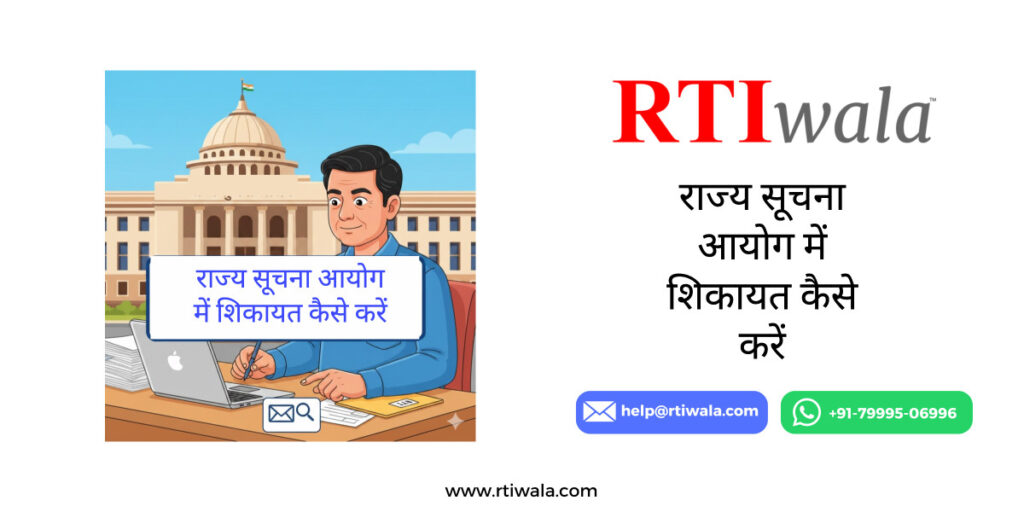RTIwala Explains: Indian scholar and senior Muslim leader of the Indian National Congress during the Indian Independence Movement, Maulana Abul Kalam Azad became the first Minister of Education in the Indian government.
Maulana Abul Kalam: Early life and childhood
Maulana Azad was born on 11th November 1888 in Mecca, Suadi Arabia. His real was Abul Kalam Ghulam Muhiyuddin Ahmed but he became to be called as Maulana Azad. His father Maulana Sayyid Muhammad Khairuddin bin Ahmed AlHussaini was a scholar and had written twelve books, had thousands of disciples and claimed ancestry from Imam Hussain. His mother Sheikha Alia bint Mohammad, the daughter of Sheikh Mohammad bins Zaher AlWatr.
Also Read: Mahadev Govind Ranade: The Unsung Fighter
Azad was brought up in Calcutta when his family returned in 1890. He began mastering in different languages including Urdu, Hindi, Persian, Bengali, Arabic, and English. He was trained in the Mazahibs and also had interests in Mathematics, Philosophy and World History. As a brilliant and a determined student, he started running his own library, a debating society and taught a class of students who double his age. At sixteen he completed all his traditional course of studies and also published out his magazine, a poetical journal.
Here are some unknown facts about Maulana Abul Kalam Azad:
1] The mystery behind the name Abul Kalam
Maulana Abul Kalam adopted the pen name ‘Azad’ meaning ‘to be free’ signifying his mental perception from the narrow view of religion and life. He was a renowned scholar, poet and a brilliant debater as indicated by his name, Abul Kalam which means ‘lord of dialogue’.

2] An orthodox family tradition led Abul to become a nationalist revolutionary
Azad had to pursue traditional Islamic education as per the culture of his family. He was taught at home, then by his father and later teachers were appointed. He visited Afghanistan, Iraq, Egypt, Syria, and Turkey and met exiled revolutionaries who were fighting to establish a constitutional government in their countries. From these revolutionists, he gained his first-hand knowledge of the ideals and these social contacts of the Arab world metamorphosed him into a national revolutionist.
3] A prominent Muslim leader to oppose the creation of Pakistan
After his Arab visit, in India, he met prominent Hindu revolutionaries Sri Aurobindo Ghosh and Shyam Sundar Chakraborty, with whom he developed radical political views and began to participate in the Indian National Movement. This criticized the Muslims politicians who were more inclined toward communal issues. He persuaded them to join the revolutionary activities in favor of the nation and also rejected the theories of communal separatism advocated by the All India Muslim League.
Also Read: Some Interesting Facts About Miss World Manushi Chhillar
4] A prominent journal critical for the British Raj
In 1912 he started publishing a weekly journal that promoted communal harmony as Al-Hilal, which was banned by the British rule. He again started another Al-Balagah with the same mission of propagating Indian Nationalism and ideas of Hindu-Muslim unity.
5] An enthusiastic supporter of Mahatma Gandhi
Azad became the leader of the ‘Khilafat Movement’ (1919-26), during which, he came in close contact with Mahatma Gandhi. He was very supportive of Gandhiji’s non-violent civil disobedience and worked to organize the non-cooperation movement in protest of the 1919 Rowlatt Acts. Mahatma Gandhi referred to him as the “Emperor of Learning”.
6] Becoming a first minister of education in independent India
Maulana Abul Kalam Azad served as the Minister of Education in Pandit Jawaharlal Nehru’s cabinet from 1947 to 1958. He died of a stroke on February 22, 1958.
7] A Bharat Ratna Awardees and a founding pillar for IIT, IIM, and UGC
He was awarded the highest civilian award Bharat Ratna in 1992 and he is said to be the foundation of promoting primary and secondary education, scientific education and establishment of renowned universities IIT’s, IIM’s and UGC (University Grant Commission). His birthday is celebrated as a National Education Day in India.
[amazon_link asins=’9351281825,8125005145,B07CVN312L,9352777697,8129112116′ template=’ProductCarousel’ store=’wwwrtiwalain-21′ marketplace=’IN’ link_id=’4066ea66-5b5e-11e8-bf6a-57a196d82f25′]






















































